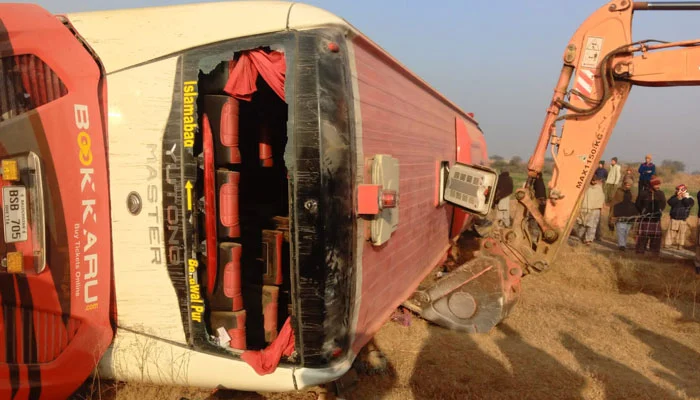America imposed sanctions on China, for sharing the weapons and equipment and providing complete ammunition in various ways to Russia against the military campaign in Ukraine. The conflict raises complex questions about global politics, economic interests, and media bias. Despite consuming coverage through a largely biassed West media lens- Russia has yet to reach the scale of brutality displayed by Israel. The West supplies weapons to Israel and may contribute to war crimes in Palestine. Emmanuel Macron criticised as well and continued to supply lethal weapons to Israel.
Amidst the turmoil, a reassuring message has been the case for decades, as in Palestine, echoes from Israel which is in power, the power is booming. What about the beseeching investments, IMF’s bailouts and global market surge. I doubt whether states imply their social, political and economic disturbances due to the sanctions and wars, what about the economic interests beyond then? Over the past decade China has put infrastructural-urban development at the heart of its strategy aimed at the transformation of international order. “The Belt and Road City” book seeks to revitalise and reconnect the ancient Silk Roads that linked much of the world before the rise to the West. A new angle, providing into the “belt and road initiatives” story, it attempts to place China at the centre of this new international order shaped by Chinese power, norms and values, and explores how China’s specific investments in urban development are directly linked to its foreign policy goals.
While the US condemns Russia’s actions in Ukraine, critics argue that similar condemnation is not leveled against Israel’s actions in Palestine, despite the West’s supply of lethal weapons to Israel. Emmanuel Macron’s criticism of Israel’s actions, while continuing to supply weapons, highlights the contradictions in Western foreign policy.
Beyond the geopolitics, the situation also underscores the significant economic interests at play. The IMF’s bailouts and global market surges suggest that economic interests often supersede political and social concerns.
China’s Belt and Road Initiative emerges as a crucial factor in reshaping the global economic order. China’s strategic investments in urban development and infrastructure aim to reconnect the ancient Silk Roads, placing China at the center and its focus is on building roads, railways, ports, and digital infrastructure to connect Afro-Eurasian region, investments in urban development, aiming to create sustainable and livable cities along the BRI corridors. China’s efforts to promote economic cooperation, trade, and investment among BRI participating countries and its rising influence in global affairs, challenging traditional Western dominance. As it continues to shape the global economic landscape through the BRI, it’s essential to consider the implications of this shift. Will China’s rise lead to a more multipolar world, or will it create new economic and political dependencies?
The answers to these questions will unfold in the coming years, but one thing is clear that the Belt and Road Initiative has become a defining feature of the 21st-century global economy. China’s Belt and Road Initiative and the Emerging New World- The ongoing Ukraine-Russia conflict has brought to the forefront the complex web of global politics, economic interests, and media bias. Amidst the turmoil, (BRI) has emerged as a crucial factor in reshaping the global economic order, launched in 2013, aims to recreate the ancient Silk Road, connecting Afro-Eurasian regions through massive infrastructure investments. This ambitious project seeks to promote economic cooperation, trade, and investment among participating countries, thereby fostering a new era of globalization. Continuing to invest heavily in the BRI, its rising influence in global affairs is challenging traditional Western dominance. The BRI has become a symbol of China’s growing economic and political power, marking a significant shift in the global balance of power.
At the heart of the BRI is China’s focus on infrastructure development and urbanization. By building roads, railways, ports, and digital infrastructure, China aims to create a seamless network of connectivity across Afro-Eurasian regions. This, in turn, is expected to drive economic growth, create jobs, and improve living standards.
The BRI is not just about infrastructure development; it’s also about promoting economic integration and cooperation among participating countries. China has established several institutions, such as the Asian Infrastructure Investment Bank (AIIB), to facilitate economic cooperation and provide financing for its projects.
The BRI has significant geopolitical implications, as it challenges traditional Western dominance and creates new opportunities for economic cooperation and development. As China’s influence grows, it’s likely to reshape the global economic order, creating a more multipolar world.
China’s Belt and Road Initiative is a game-changer in the global economic landscape. As the world grapples with the challenges of globalization, the BRI offers a new vision for global economic cooperation and development. While there are challenges and risks associated with the BRI, its potential benefits are undeniable. As the global order continues to evolve, one thing is clear: China’s Belt and Road Initiative is here to stay
In conclusion, it is a mixed bag. On the one hand, the BRI is expected to boost global GDP by up to $7.1 trillion per annum by 2040, with benefits being “widespread” as improved infrastructure reduces “frictions that hold back world trade”. On the other hand, critics point out the significant environmental and social risks associated with the BRI. For instance, the projects under BRI could increase global warming by 3 degrees Celsius, forcing over 100 million people in Asia into extreme poverty. Moreover, the debt incurred by large BRI projects may damage host countries’ economies, creating a cycle of financial inability to invest in more sustainable projects.
In terms of economic growth, the BRI is predicted to boost trade flows in participating countries by 4.1% and cut the cost of global trade by 1.1% to 2.2%. However, the environmental costs of these projects, such as air pollution, deforestation, and habitat destruction, cannot be ignored.
Overall, it will have a significant impact on global trade and economic growth, but it also poses significant environmental and social risks because of US imposed sanctions on China but it needs to be addressed.
China’s Belt and Road Initiative: A new era of globalization?




